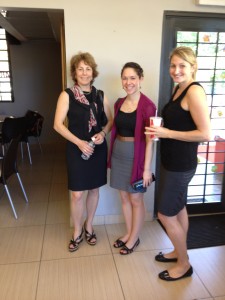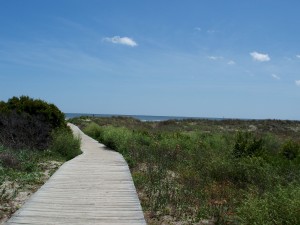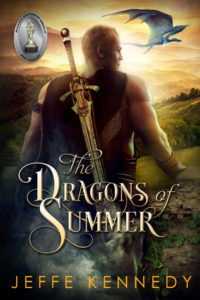
THE DRAGONS OF SUMMER, my standalone and RITA(R) Award Novella Finalist from the SEASONS OF SORCERY anthology is now up at all the retailers! Including in print, for those collectors among you. You know who you are. Very shortly I’ll have print versions available in my website store that you can have me sign, personalize, if you like, and mail to you.
Last night I had occasion to scroll back through the ancient history on my Kindle. I was looking for a story with a particular scene that’s stuck in my mind, from a book I was given to read and possibly blurb back in early 2016. (See? Totally ancient history so far as my Kindle library – sorted by Most Recent – is concerned.) I remembered the scene, but not the author or title of the book. So I scrolled back and back, through the 608 digital books I’ve acquired (I know I have nothing on some of you) since March 5 of 2009 when I bought Jeaniene Frost’s HALFWAY TO THE GRAVE and kicked off my eReader life.
Which means I just passed my ten-year anniversary. Go figure!
Anyway, I went back considerably farther than 2016, because I couldn’t find the book and wasn’t at sure when I’d read it. And something struck me as I did: So many of the authors there had disappeared from my awareness. Some of them have disappeared altogether, perhaps into new pen names or other professions. This somewhat jolting discovery came at the same time that a lot of authors are talking about having to take day jobs again, because they’re no longer making the money they once were from writing. There’s lots of theories about this, but this is what I think is happening.
On April 19, 2011 – isn’t it weird how these thoughts come to me around the same time of year? Could be doing taxes – I wrote a blog post called Silver and Gold and Cautionary Tales. It’s all about the gold rush in self-publishing and thinking long term.
Back then, a lot of people were talking about all the newbies flocking to self-publishing with starry eyes and dreams of getting rich quick. And some did.
Many of us predicted – myself included – that the ones who didn’t get rich quick would soon bail and move on to the next gold rush. And some did.
What I didn’t forsee is what I think is happening now:
- Self-publishing floods the market with cheap books. This is especially true of Romance.
- The undercutting of the Romance market causes traditional publishers to cut their losses in the genre. They no longer make the same profits, so they offer their authors – even bestselling Romance authors – worse and worse deals. Even a bestselling author no longer gives them the profit margin they want.
- Authors once happy at traditional houses feel forced into self-publishing. Whether they want to or not, if they want to publish books and put food on the table, they have to self-publish because the trad houses sure aren’t paying anymore.
- More and more once trad-only authors become hybrid, bringing more books into the market. To be competitive, they price the books low.
- The dilution effect really kicks in – more authors might be making more money overall – but many individual authors see their annual earnings drop, including early adopting self-publishing authors who once did very well.
- What comes next?
I think we’ll still see authors moving on to the next gold rush. The money stopped being easy a while ago, so those who don’t care about WRITING at its core will find an easier way to make a living. Readers have become more discerning, following particular authors and no longer wasting their time on free and cheap reads that simply aren’t worth their time, no matter the price. We have a huge and avid reading community, which is a wonderful solace to so many of us.
Here I am, for example, ten years with my Kindle (third one) and reading strong.
I’m curious – what was your first eReader purchase? (On Amazon you can go to your account, your content and devices, then sort by Acquired Date: Oldest-Newest.
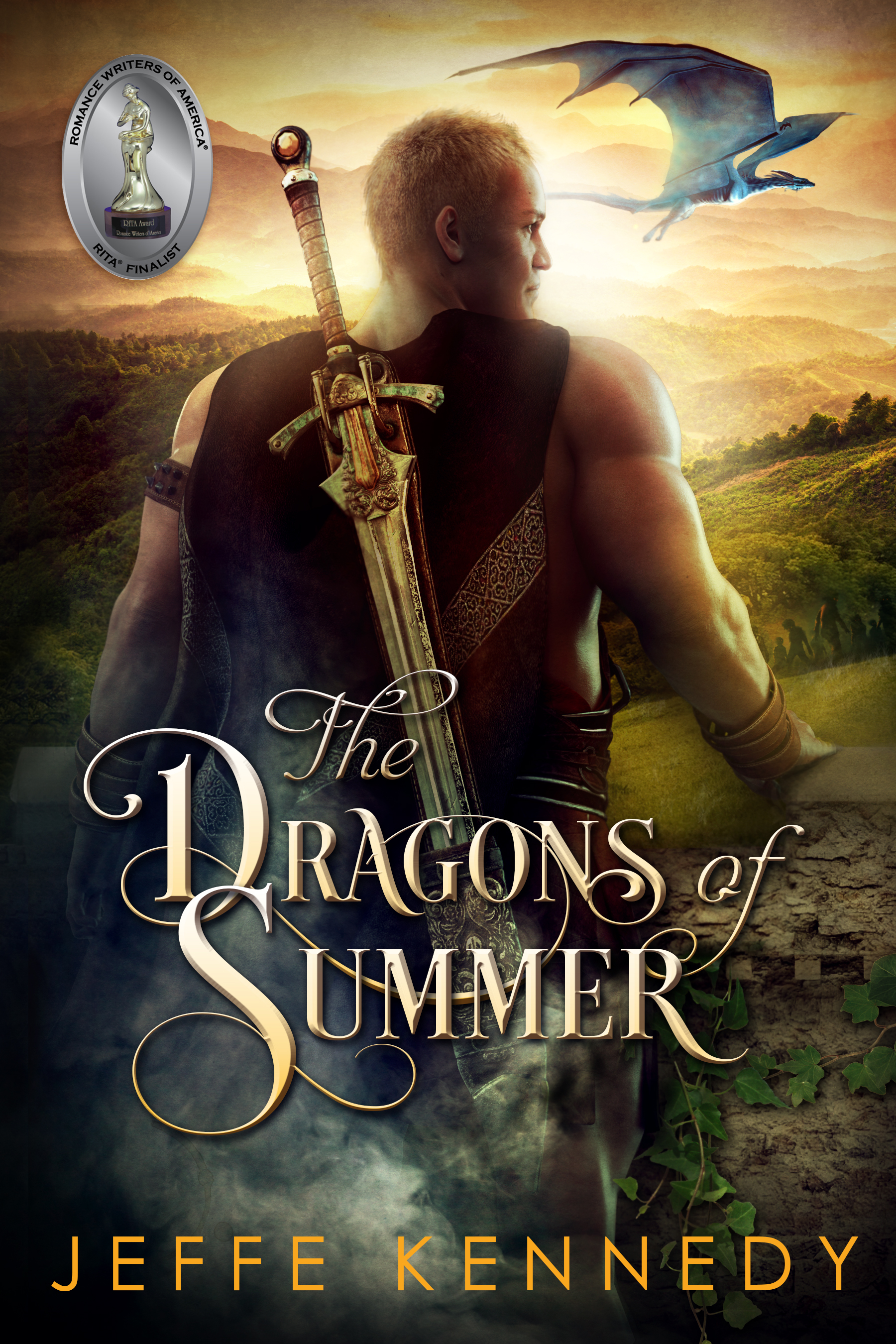
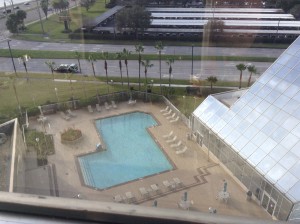 I’m over at the
I’m over at the 